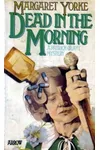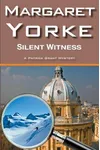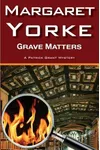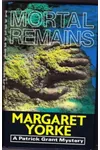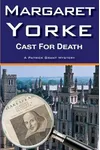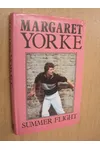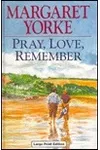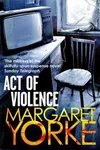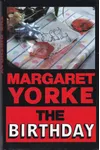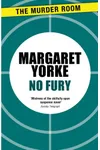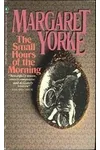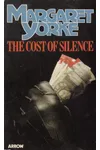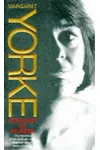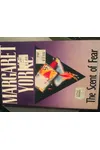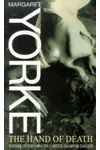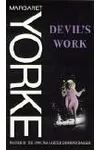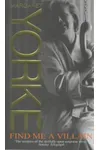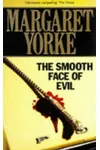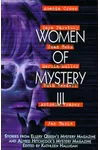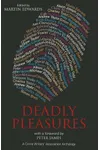Picture a British storyteller who spun chilling tales of village secrets and human flaws—meet Margaret Yorke! Born Margaret Beda Larminie, she crafted over 40 crime novels, blending psychological depth with cozy settings. A trailblazer beyond the page, she became the first female librarian at Oxford’s Christ Church and fought for authors’ rights, leaving a legacy that still captivates mystery lovers.
The Making of Margaret Yorke
Born on January 30, 1924, in Compton, Surrey, Margaret spent her childhood in Dublin, Ireland, where her father worked for Guinness. Returning to England at 13, she was shaped by a love for literature, reinforced by years near Stratford-upon-Avon. World War II saw her serve as a driver in the Women’s Royal Naval Service, followed by a groundbreaking role as Christ Church’s first female librarian. After a brief marriage to Basil Nicholson, which produced two children, she settled in Long Crendon, Buckinghamshire, and began writing, adopting the pseudonym Yorke to avoid confusion with a family member.
Margaret Yorke’s Unforgettable Stories
Yorke’s crime novels, starting with Summer Flight in 1957, masterfully explore the dark undercurrents of ordinary lives. Her standout series features Dr. Patrick Grant, an Oxford don and amateur sleuth introduced in Dead in the Morning (1970), who solves mysteries with Shakespearean flair across five novels, including Grave Matters (1973), where a suspicious death at the Acropolis sparks a thrilling investigation. Her standalone novels, like The Scent of Fear (1980), which won the Martin Beck Award, delve into suburban unease, with characters driven by suppressed passions or petty cruelties. Critics praised her understated style, often comparing her to P.D. James for her marvelous language and focus on character over plot. Yorke herself said, “I don’t manipulate the characters, they manipulate me,” creating stories that feel hauntingly real.
Her settings—claustrophobic English villages—pulse with tension, as in Dangerous to Know (1993), where a woman’s escape from an oppressive marriage unravels into suspense. Yorke’s ability to turn “nice” people into complex figures, as noted by critic HRF Keating, made her a master of psychological thrillers, blending cozy crime with sharp social commentary.
Why Margaret Yorke Matters
Yorke’s influence extends beyond her gripping tales. As chairman of the Crime Writers’ Association (1979–1980), she championed the genre, earning the 1999 CWA Cartier Diamond Dagger for lifetime achievement. Her advocacy for Public Lending Right, which compensates authors for library loans, revolutionized authors’ rights, earning her the 1993 Golden Handcuffs as Britain’s most-borrowed crime writer. Though less famous than peers like Agatha Christie, her focus on everyday people in extraordinary situations resonates with readers who see themselves in her flawed, relatable characters. Val McDermid lauded her as unmatched in “anatomising the underbelly of respectability.”
- Born: January 30, 1924, Compton, Surrey
- Key Works: Dead in the Morning, The Scent of Fear, Dangerous to Know
- Awards: 1999 CWA Cartier Diamond Dagger, 1982 Martin Beck Award
- Died: November 17, 2012, Long Crendon, Buckinghamshire
Ready to unravel a mystery? Snag Dead in the Morning and dive into Margaret Yorke’s thrilling world of crime and secrets!
